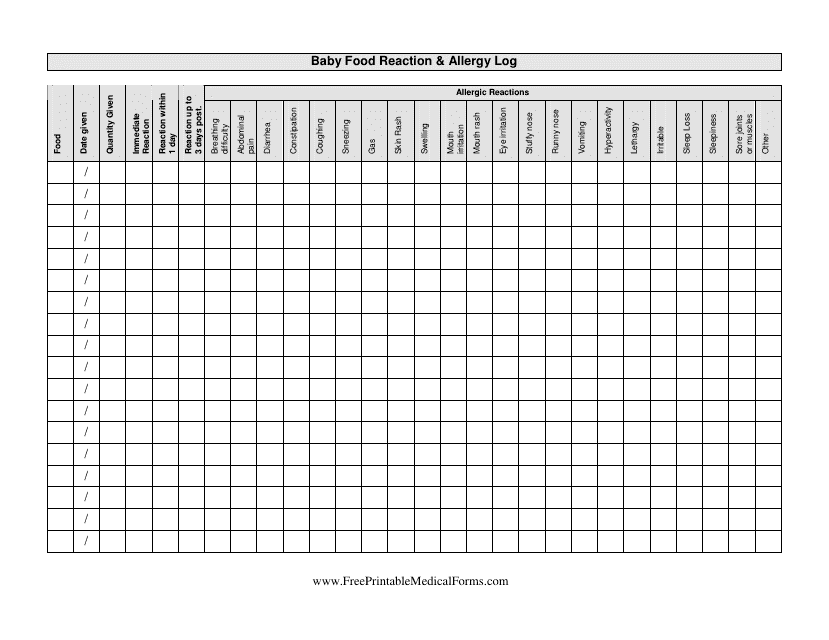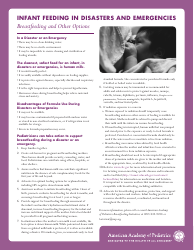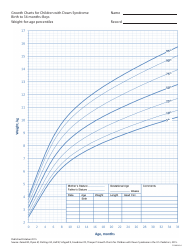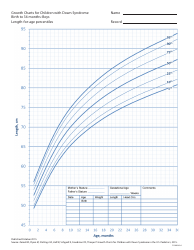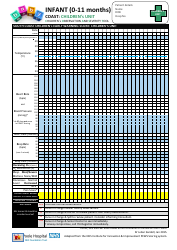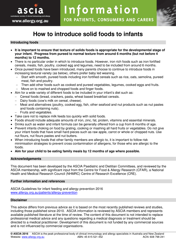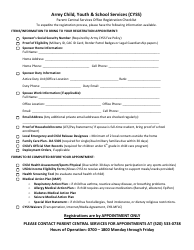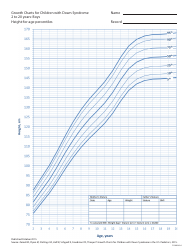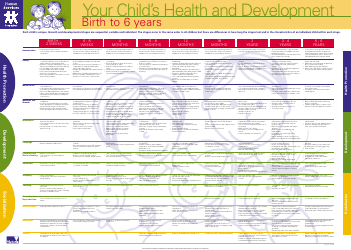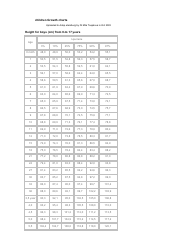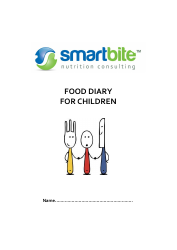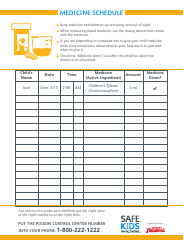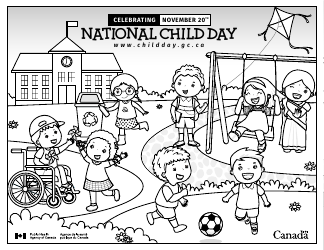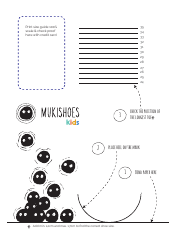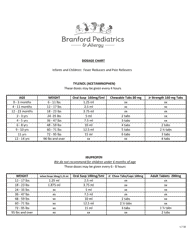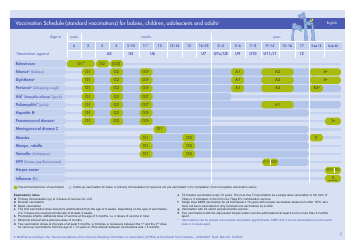Baby Food Reaction and Allergy Log Template
The Baby Food Reaction and Allergy Log Template is used to track and record any reactions or allergies a baby may have after consuming different types of foods. This helps parents and caregivers identify food allergies and avoid potential health risks.
The Baby Food Reaction and Allergy Log Template is typically filled by parents or caregivers of the baby.
FAQ
Q: What is a baby food reaction?
A: A baby food reaction refers to any negative response a baby may have after consuming a certain type of food.
Q: What is a baby food allergy?
A: A baby food allergy is a specific immune response that occurs when a baby's body incorrectly identifies a certain food as harmful and triggers an allergic reaction.
Q: Why is it important to track baby food reactions and allergies?
A: Tracking baby food reactions and allergies helps parents and healthcare professionals identify potential food triggers and make informed decisions about a baby's diet.
Q: What should I include in a baby food reaction and allergy log?
A: A baby food reaction and allergy log should include the food eaten, any symptoms or reactions observed, the time of the reaction, and any other relevant details.
Q: How can I use a baby food reaction and allergy log?
A: Using a baby food reaction and allergy log allows you to identify patterns or specific foods that may be causing adverse reactions in your baby, making it easier to avoid those foods in the future.
Q: When should I contact a healthcare professional about a baby food reaction or allergy?
A: You should contact a healthcare professional if your baby experiences severe symptoms or shows signs of anaphylaxis, such as difficulty breathing or swelling of the face or throat.
Q: Can babies outgrow food allergies?
A: Yes, some babies may outgrow food allergies as they get older. It is important to work with a healthcare professional to monitor and manage food allergies in babies.
Q: What are common allergenic foods for babies?
A: Common allergenic foods for babies include cow's milk, eggs, peanuts, tree nuts, soy, wheat, fish, and shellfish.
Q: Are there any preventive measures to reduce the risk of baby food allergies?
A: Introducing common allergenic foods early, following an infant's tolerance and readiness, and breastfeeding can help reduce the risk of baby food allergies.
Q: Should I be concerned if my baby has a reaction to a certain food?
A: It is important to pay attention to any reactions your baby may have and consult with a healthcare professional if you are concerned about their well-being.
